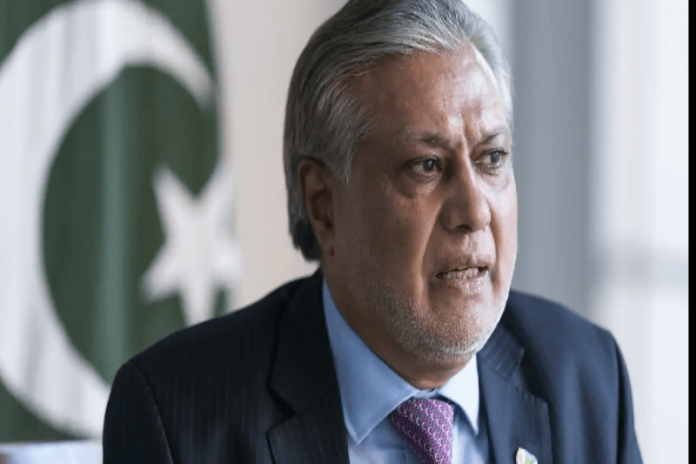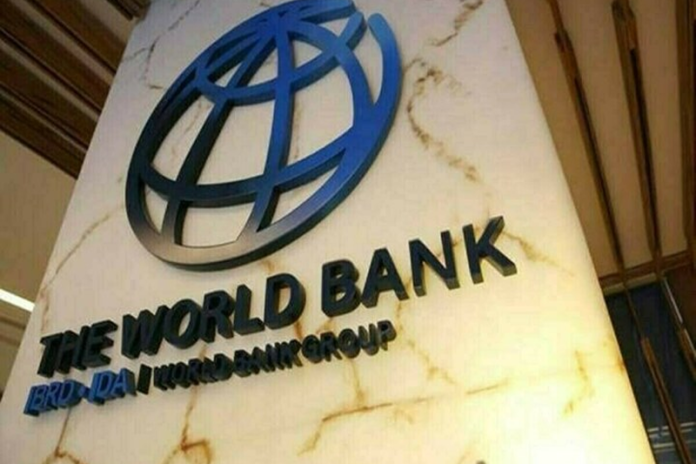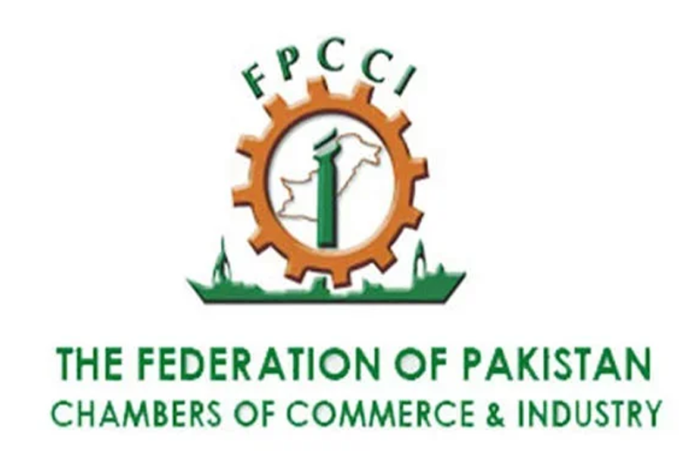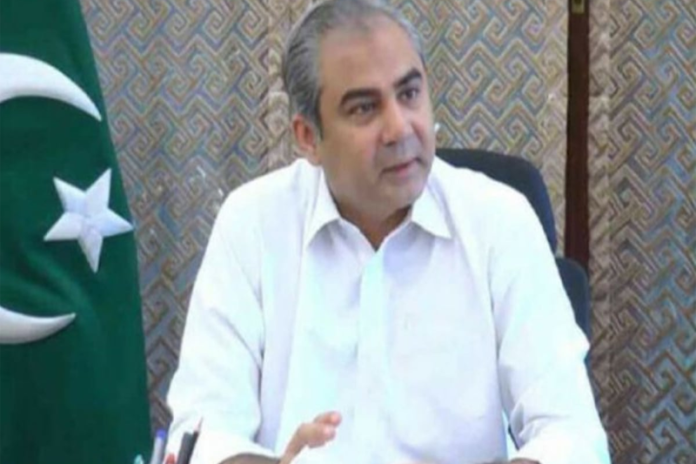SBP reaffirms commitment to enhancing financial inclusion
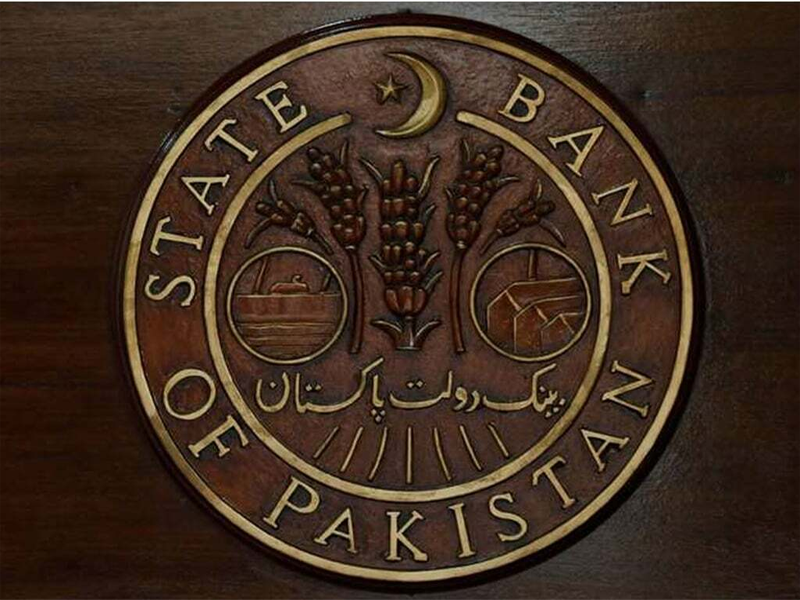
- 146
- 0
KARACHI: The Governor of the State Bank of Pakistan (SBP), Jameel Ahmad, reiterated the central bank's commitment to boosting financial inclusion in the country through enhanced collaborations with both international and domestic stakeholders.
These remarks were made during a bilateral meeting on Monday with Dr. Alfred Hannig, the Chief Executive Officer of the Alliance for Financial Inclusion (AFI), who was visiting Pakistan. During the meeting, Governor Ahmad highlighted the recent launch of the third edition of the National Financial Inclusion Strategy (NFIS) for 2024-2028. He emphasized that SBP will continue to push forward efforts to expand financial inclusion through digital solutions while also working to close the gender gap in financial services. Dr. Hannig expressed AFI's appreciation for SBP's leadership in promoting financial inclusion in Pakistan. He also discussed potential areas for continued collaboration to break existing barriers in the financial system. SBP has been a founding member of AFI since 2008, a policy leadership network consisting of central banks and financial regulatory bodies from 84 countries, all working towards advancing financial inclusion globally. Currently, SBP holds a position on the AFI Board and serves as the Vice-Chair of both the AFI Gender Inclusive Finance Committee and the South Asia Regional Financial Inclusion Initiative (SARFII). Governor Ahmad thanked AFI for its ongoing support and its long-standing partnership with SBP, which has been instrumental in facilitating peer learning exchanges and capacity-building opportunities for SBP staff. These initiatives have helped in the development and implementation of evidence-based financial inclusion policies. Dr. Hannig emphasized the importance of enhancing the capacity of financial regulators in South Asia to achieve meaningful financial inclusion objectives. He also stressed the need for balancing the implementation of these objectives with robust cybersecurity measures and strong consumer protection frameworks. The meeting also explored opportunities for deeper collaboration in areas such as digital payments, financial literacy, sustainable finance, and financing for micro, small, and medium-sized enterprises (MSMEs). Both parties agreed to continue their efforts to improve the financial health and well-being of the population, especially the unbanked and underbanked segments. In addition to the meeting, the SBP organized a discussion with key financial inclusion stakeholders, including bank Presidents and CEOs, representatives from the Pakistan Banks' Association, the Pakistan Microfinance Network, the Fintech Association & Network, and SBP senior management. During this session, the NFIS 2024-2028 was presented, along with SBP's financial inclusion goals for the next four years.
The session included an interactive discussion where industry participants shared insights on the challenges at the grassroots level in expanding access to financial services. AFI also shared perspectives based on global best practices. Both parties agreed to enhance collaboration among domestic stakeholders and international organizations for better knowledge-sharing on emerging trends in financial inclusion. The visit concluded with Dr. Hannig touring the SBP Museum, where he praised the institution's preservation of Pakistan's cultural heritage and its historical evolution of the country's currency.














